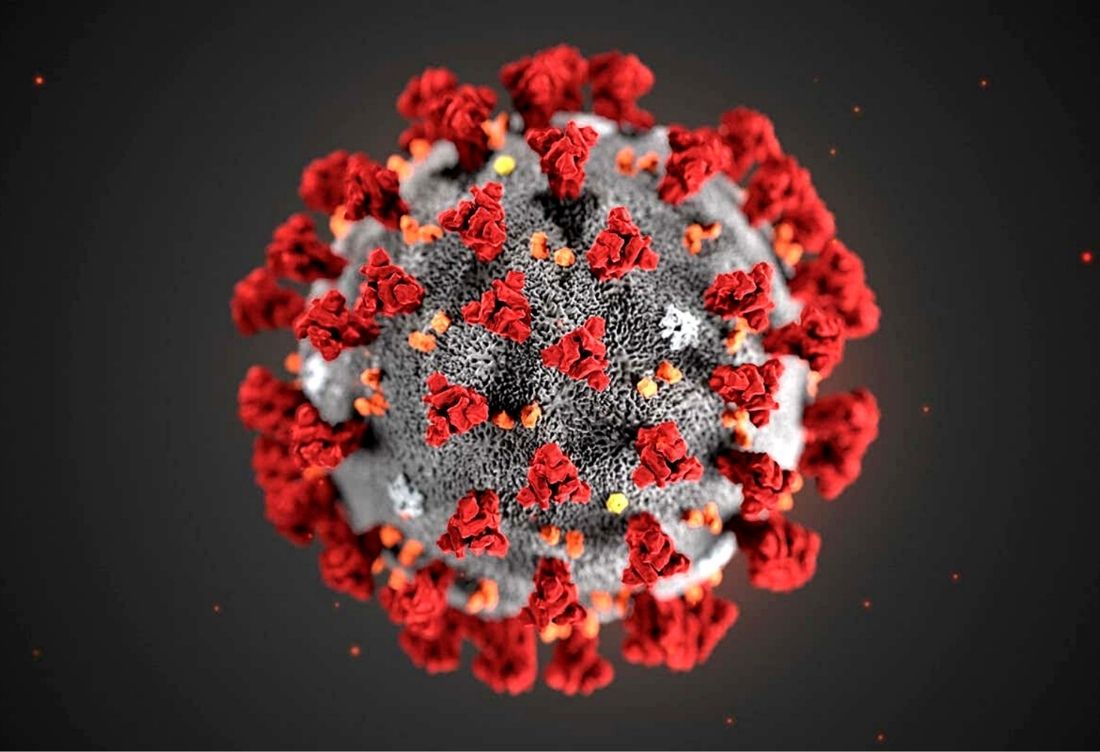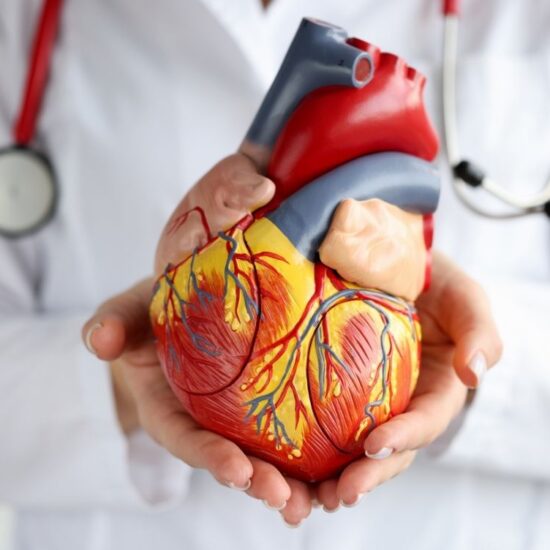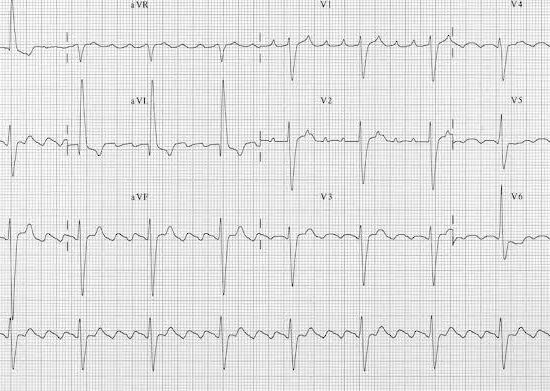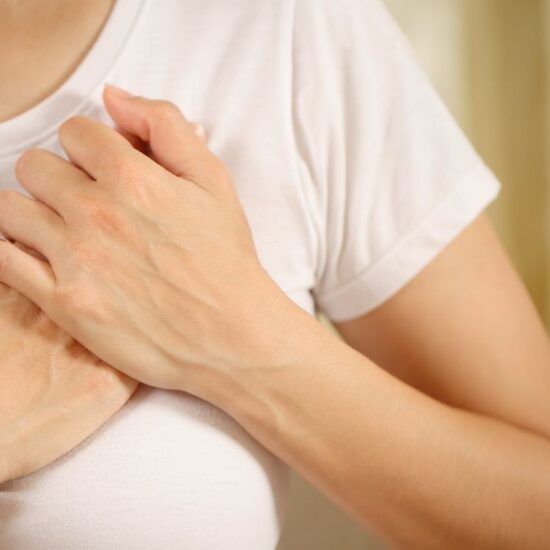Covid Vaccines and Heart Health
COVID-19 vaccines, particularly mRNA vaccines (Pfizer-BioNTech and Moderna) and viral vector vaccines (AstraZeneca and Johnson & Johnson), may cause heart-related side effects in some people. Although these side effects are rare, they have been reported more frequently, especially in young men and adolescents. Here are heart-related conditions that may be associated with COVID-19 vaccines:
1. Myocarditis (Inflammation of the Heart Muscle)
- Myocarditis is inflammation of the heart muscle. Although rare, cases of myocarditis have been reported after COVID-19 vaccines, especially after the second dose of mRNA vaccines.
- Symptoms: Chest pain, shortness of breath, palpitations, fatigue and sometimes fever.
- In whom is it more common?: It has been reported more frequently in young men (16-30 years old) and adolescents.
- Treatment: In most cases, myocarditis is mild and treated with rest and anti-inflammatory medications. Patients usually recover completely.
2. Pericarditis (Inflammation of the Cardiac Lining)
- Pericarditis is inflammation of the membrane surrounding the heart. It can also be seen rarely after COVID-19 vaccinations.
- Symptoms: Chest pain (especially increased when breathing deeply or lying down), shortness of breath, palpitations.
- Treatment: Pericarditis is usually treated with anti-inflammatory medications and most patients recover completely.
3. Other Heart-Related Side Effects
- Heart attacks, arrhythmias, or other cardiac problems have been reported very rarely after COVID-19 vaccinations. However, it is not yet clear whether such cases have a direct relationship with the vaccine and research is ongoing.
4. Effect of COVID-19 Infection on the Heart
- COVID-19 infection itself can cause much more serious effects on the heart than vaccines. Conditions such as myocarditis, pericarditis, heart muscle damage and heart failure are more common in people with COVID-19 infection.
- Vaccinations help prevent these serious complications.
5. Risks and Benefits
- Heart-related side effects caused by COVID-19 vaccines are extremely rare and generally mild.
- The risks of COVID-19 infection to the heart are much higher than the risks of vaccines. Therefore, the benefits of vaccines far outweigh the potential risks.
6. When to Consult a Doctor?
- If symptoms such as chest pain, shortness of breath, palpitations or irregular heartbeat occur after vaccination, it is important to consult a doctor immediately.
7. Precautions
- Young men and adolescents, especially, should avoid intense physical activity for a few days after vaccination.
- If unusual symptoms are noticed after vaccination, health institutions should be consulted.
In conclusionWhile heart-related side effects from COVID-19 vaccines are rare and generally mild, the risks of COVID-19 infection on the heart are much more serious. Vaccines are an important tool to prevent these risks.





